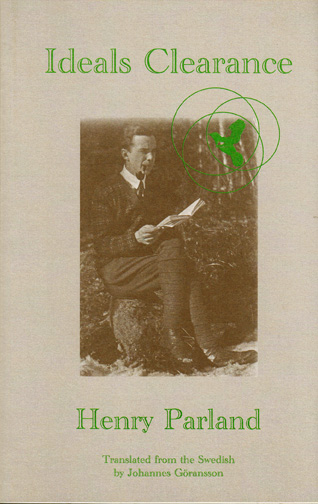Henry Parland’s (1908-1930) brief but prolific and highly influential career as a poet, essayist and novelist was shaped by the tumultuous times of Russia and Europe between the two world wars. He lived in Russia, Finland and Lithuania, but his first language was German. His wide range of literary influences included Finland-Swedish Expressionism, Dada and Die Neue Sachlichkeit from Germany, Russian Futurism and Formalism, American writers Carl Sandberg, Edgar Lee Masters and F. Scott Fitzgerald, and French novelists Marcel Proust and André Gidé. In addition, he was profoundly interested in international popular arts such as film, advertisement, fashion, jazz, and dancing. Rather than thinking of Parland as a Swedish or even a Finland-Swedish poet, it may be more useful to consider him a member of the cosmopolitan movement of exiles and immigrants that moved around in Europe following the collapse of the old political order and the destabilizing of borders.
